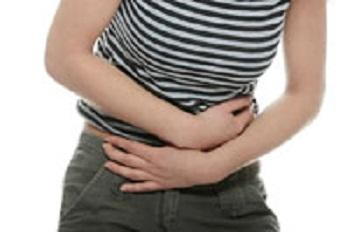
Acute pancreatitis strikes suddenly, causing severe pain and vomiting. More than 300,000 people are admitted to U.S. hospitals every year due to acute pancreatitis, according to The National Pancreas Foundation.
What causes acute pancreatitis?
If you have gallstones, you may be at increased risk of developing acute pancreatitis. The condition can occur when stones get stuck in the common bile duct and prevent pancreatic fluids from flowing freely. Stones can also force bile to flow back into the pancreas, which may damage it.
You may also develop acute pancreatitis if your calcium or triglyceride levels are very high, or you have an autoimmune disorder, infection, an overactive parathyroid gland, cystic fibrosis or regularly take certain medications. High alcohol consumption can cause pancreatitis, particularly if you've been a heavy drinker for years. In some cases, the cause of acute pancreatitis can't be determined.
What are the symptoms of acute pancreatitis?
Pain from acute pancreatitis is felt in the upper part of the abdomen, although it can extend to your back. The pain may be mild at first, but may become severe and constant and may worsen after you eat or drink alcohol. Other symptoms include fever, nausea, vomiting, diarrhea and a rapid pulse. Prompt treatment is essential if you experience any of these symptoms. The condition can cause bleeding, infections and may even damage your kidneys, lungs and heart if the attack is severe. Although most people recover from acute pancreatitis, the condition can be life-threatening.
How is acute pancreatitis treated?
If your condition is caused by gallstones, you'll need surgery to remove the stones. In some cases, surgery may also be needed to keep your bile ducts open. If you're admitted to the hospital, you'll be given fluids to prevent dehydration caused by vomiting and diarrhea and may receive medication for nausea and pain. Foods and beverages are usually stopped for one to two days after you're admitted to the hospital.
Changing your medications, avoiding alcohol and addressing the causes of high triglyceride or calcium levels may help prevent further bouts of acute pancreatitis. If you have numerous attacks of acute pancreatitis or continue to drink alcohol, the condition can become chronic.
Although it's not always possible to prevent acute pancreatitis, you can reduce your risk by exercising regularly, following a healthy diet and avoiding heavy consumption of alcohol.
